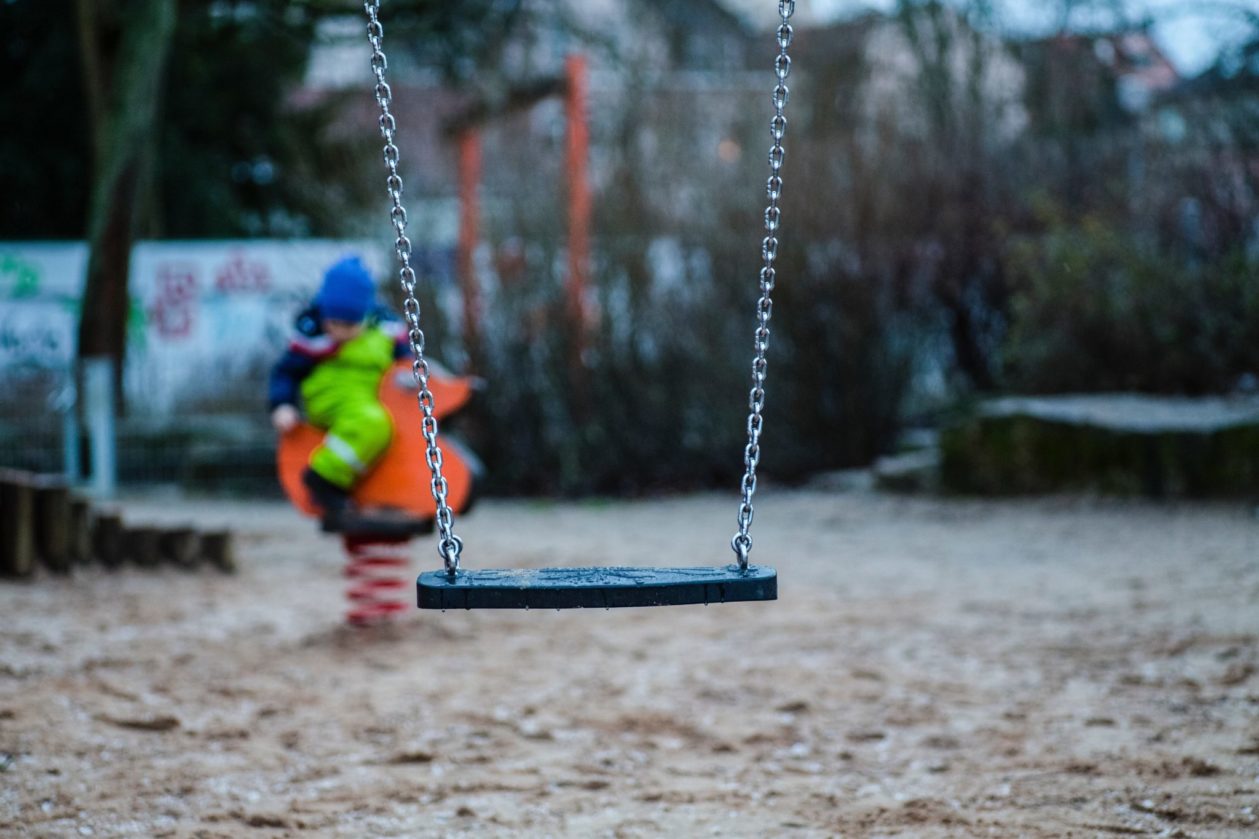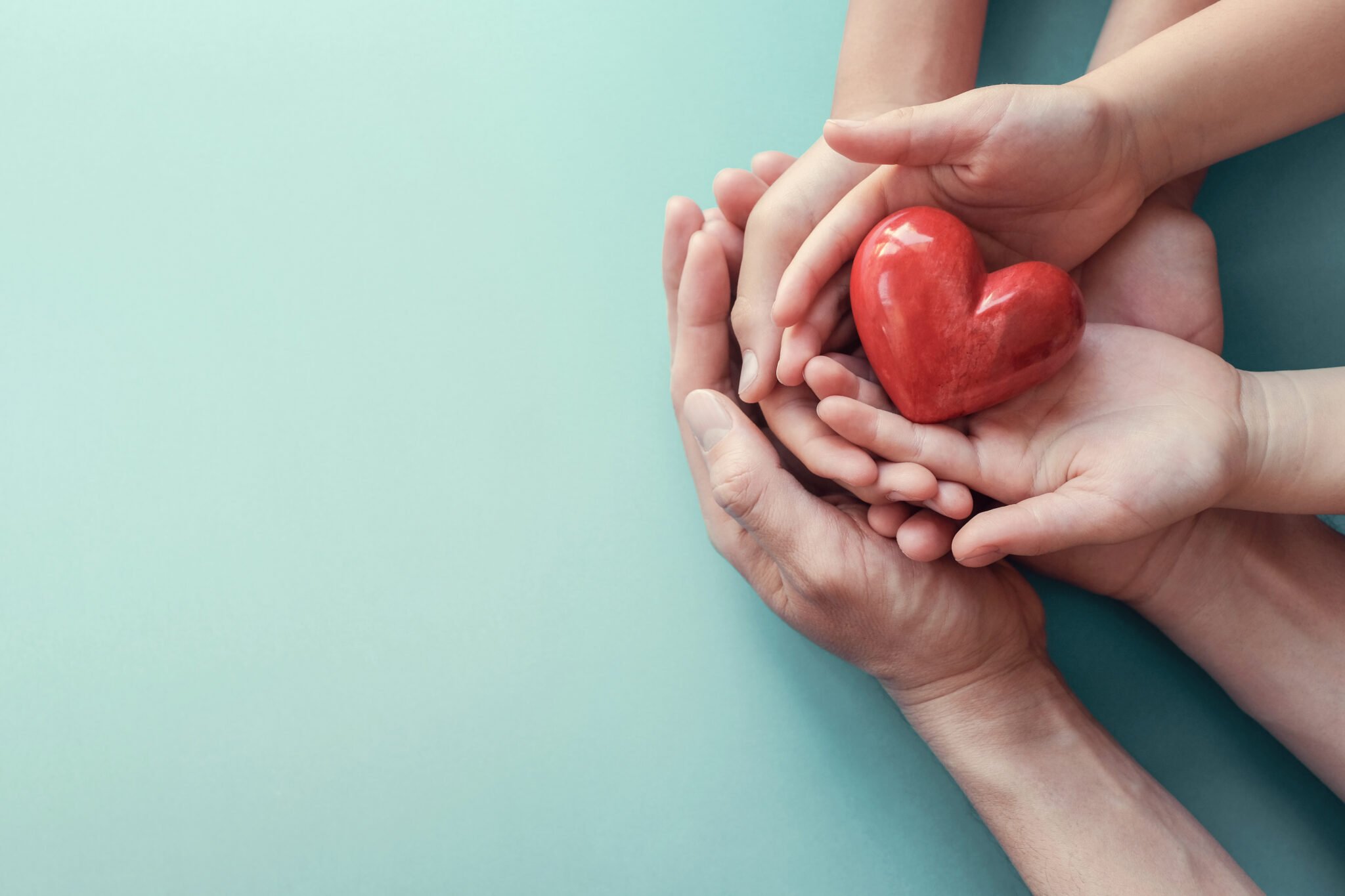There is a cognitive disconnect between corporate leaders and the world’s most vulnerable populations.
While these two groups (the powerful and those who their decisions affect) have always lived in two different realities, the coronavirus pandemic has widened this gap. As stimulus packages in the United States and Europe flood corporations with excess capital and the stock market continues to rally to record highs, families in impoverished regions around the world have seen their livelihoods wiped out.
Nowhere is this more evident than Moldova, Europe’s poorest country.
While white-collar professionals in the developed world are pivoting to remote work and learning via new technologies like Zoom, families in Moldova do not even have basic internet. Lack of education opportunities is unfortunately only the tip of the iceberg when it comes to pressing issues facing these vulnerable populations.

According to research that our team at Hope and Homes for Children has conducted throughout the coronavirus pandemic, 54 percent of interviewed families stated that their income decreased between March and April compared to January and February. From February until April, there was a 12 percent increase in the number of families with no income. Many of these families, who already had an insufficient level of income before COVID-19, do not currently have the resources to survive and will increasingly turn to orphanages to foster loved ones they can no longer afford to feed.
The COVID-19 pandemic is not only a health crisis for vulnerable families, but also a catalyst placing them at risk of losing their children to orphanage systems. For parents struggling to provide for their children in developing countries like Moldova, COVID has decimated jobs and available income. Families are now at the brink of separation with their children, for whom they can’t feed or provide adequate health care.
The loss of children to orphanages remains a global problem affecting a conservative estimate of five to eight million children—80 percent of whom have at least one living parent. Without the intervention of NGOs, corporate leaders and leading governments, millions more will be subjected to lives of poverty, exacerbating interconnected humanitarian issues (including the refugee crisis).

The transition from systems that are dependent on orphanages to alternative family-based care arrangements is needed now more than ever. Investing in the capabilities of families and communities to properly care for children is a turn-key issue generating dividends for public health, education, housing and food security. Childcare needs to be at the center of crisis management because it is a cost-effective way of addressing immediate needs while delivering long-term benefits to more people than concentrating resources in orphanages ever could.
Global leaders need to recognize the urgency of this moment and provide resources to organizations working on the front lines of these regions. Although the long-term vision for affected communities involves establishing more social services and investment opportunities, we need to first focus on the immediate: feeding families.
On-the-ground charities, including ours, need every dollar available to provide immediate relief, while ensuring families continue to be fed. Partnerships with institutional donors, in our case the European Bank for Reconstruction and Development (EBRD), are critical in delivering timely supplies. But more is needed, and everyone can help.
Only by applying emergency pressure to the most critical arteries struck by the pandemic can we begin to work toward a better world.
Mark Waddington is the CEO of Hope and Homes for Children.
Mariana Dahan is the Global Ambassador to Hope and Homes for Children and CEO of the World Identity Network (WIN) Foundation.






